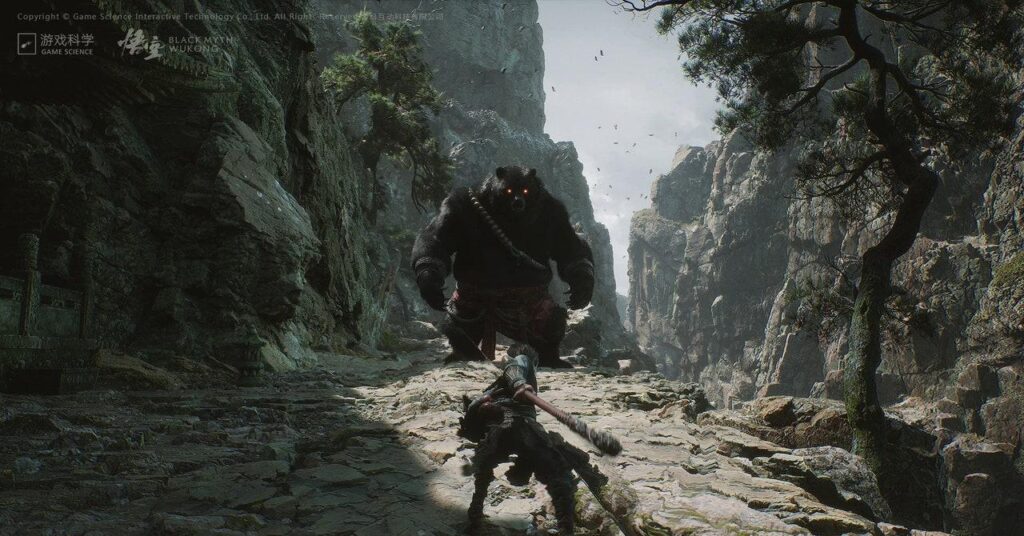
Black Myth Wukong Backlash Over Censorship Rules
Black Myth Wukong Backlash Over Censorship Rules
Chinese studio Game Science granted early access to some streamers on the condition that they avoid discussing topics like “feminist propaganda” and “Covid-19.” However, this move has backfired, with many streamers pushing back against the guidelines.
The Game and the Guidelines
Black Myth: Wukong is a new action role-playing game set in 16th-century China. The game’s publisher, Hero Games, provided some streamers with early access codes along with a list of guidelines that included avoiding discussions of politics, violence, nudity, and feminist propaganda. Streamers were also asked not to use trigger words like “quarantine,” “isolation,” or “Covid-19.”
Streamers Push Back
Many streamers have responded to the guidelines by deliberately discussing the forbidden topics. Some have even used their streams to talk about feminism in China and the country’s one-child policy. Rui Zhong, a writer and researcher, streamed herself playing the game while discussing Journey to the West, the novel that Black Myth is adapted from, as well as feminism in China.
However, not all streamers have been supportive of the pushback. Some have criticized the low-effort streams that have been created in response to the guidelines, saying that they play into stereotypical impressions of Chinese politics and society.
The controversy surrounding Black Myth: Wukong is not the first time that the game’s developer, Game Science, has faced criticism. Last year, an IGN report uncovered a history of sexist and inappropriate comments made by the company’s employees and stakeholders.
My Thoughts
Black Myth Wukong Backlash Over Censorship Rules
The Controversy Surrounding Black Myth: Wukong
The release of Black Myth: Wukong has been marred by controversy surrounding censorship rules imposed by the Chinese studio Game Science. The studio granted early access to some streamers on the condition that they avoid discussing certain topics, including “feminist propaganda,” “Covid-19,” and “quarantine.” However, these rules have backfired, with many streamers and players pushing back against what they see as an attempt to stifle free speech.
Restrictions and Backlash
The restrictions were not imposed on all streamers and reviewers, with some outlets receiving standard review embargoes without strict rules on what content they could not discuss. However, the guidelines that were imposed have been widely criticized, with many viewing them as an attempt to avoid controversy and criticism.
The backlash against the censorship rules has been swift, with many streamers and players using their platforms to discuss the very topics that Game Science tried to avoid. Rui Zhong, a writer and researcher, streamed herself playing the game while discussing feminism in China and the country’s one-child policy. Zhong criticized the backlash, stating that many streams were “very low-effort” and played into stereotypes about Chinese politics and society.
The controversy has highlighted the complex and often contentious issue of censorship in China





